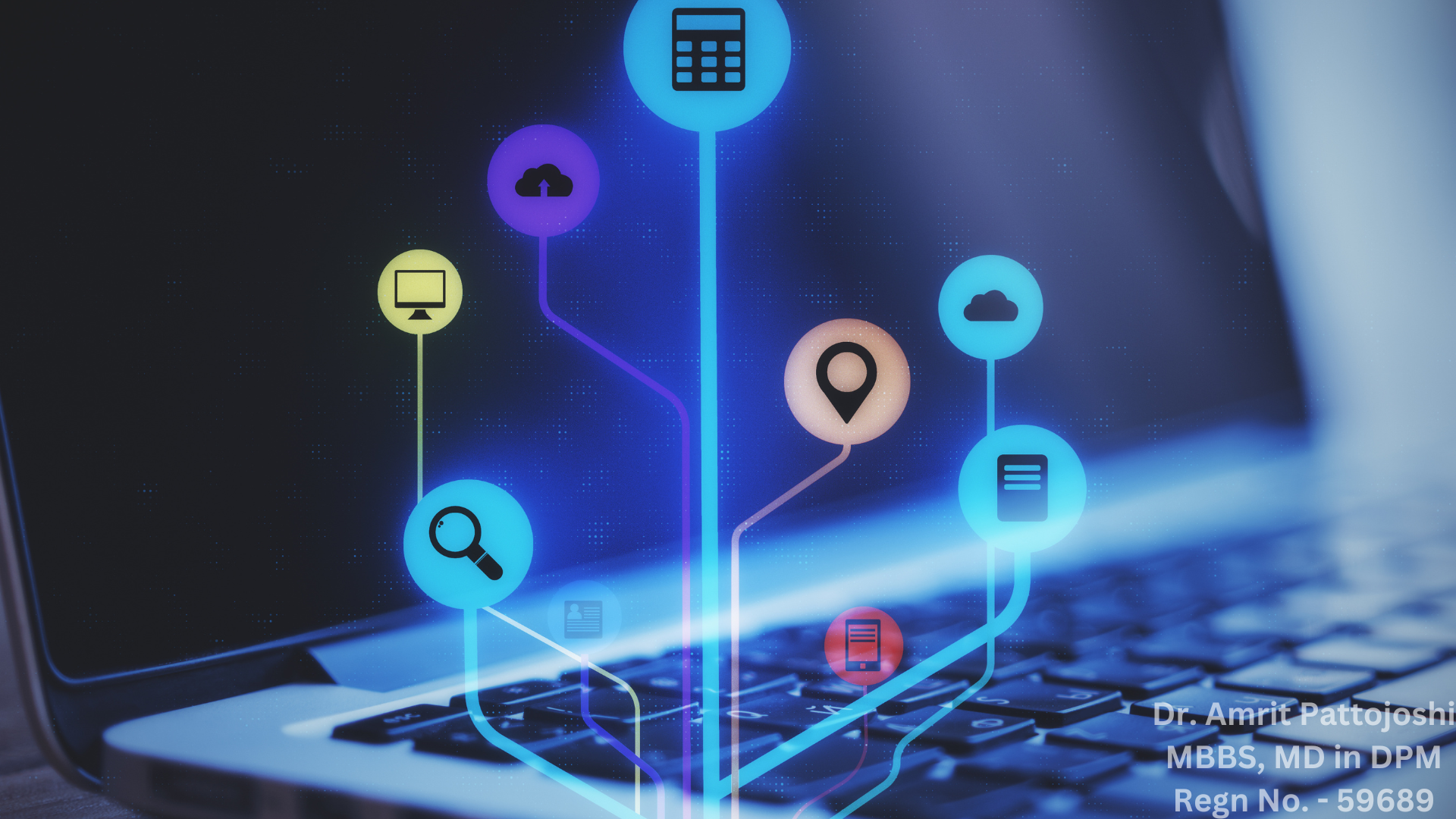In today's fast-paced digital world, social media has become an integral part of our lives. We use it to connect with friends and family, share our experiences, and stay updated on the latest trends. While social media offers numerous benefits, it's essential to understand its potential impact on mental health. As a medical professional, Dr. Amrit Pattojoshi sheds light on the connection between social media and mental health, as well as practical interventions for positive usage.
The Influence of Social Media on Mental Health
Social media platforms have revolutionized the way we communicate and access information. However, excessive use and misuse of these platforms can have adverse effects on mental well-being. Research has shown that heavy social media usage is associated with increased feelings of loneliness, anxiety, and depression. The constant comparison to the curated and idealized lives of others can lead to feelings of inadequacy and low self-esteem. Moreover, cyberbullying and online harassment can further exacerbate mental health issues, especially among vulnerable individuals.
Understanding the Link between Social Media and Mental Health
The link between social media and mental health is complex and multi-faceted. One key factor is the impact of excessive screen time on sleep patterns. Scrolling through social media late at night can disrupt our circadian rhythm, leading to sleep disturbances and subsequent mood fluctuations. Additionally, the dopamine-driven reward system on social media can create addiction-like behaviors, making it challenging to disconnect and resulting in a constant need for validation through likes and comments.
1: The Role of Social Media in Loneliness and Isolation
Despite connecting people across distances, social media can paradoxically contribute to feelings of loneliness and isolation. Spending too much time on virtual interactions may lead to a lack of meaningful face-to-face connections, reducing opportunities for genuine emotional support and social bonding.
2: Social Media and Body Image Concerns
Social media often bombards us with unrealistic beauty standards and body ideals, which can trigger body image concerns and eating disorders in vulnerable individuals. Constant exposure to carefully edited images can skew perceptions of what constitutes a "perfect" body, leading to negative body image and a sense of inadequacy.
Interventions for Positive Social Media Usage
Dr. Amrit Pattojoshi emphasizes that a mindful and balanced approach to social media can mitigate its negative impact on mental health. Here are some practical interventions to promote positive usage:
1: Limit Screen Time
Set specific time limits for social media use and adhere to them. Reducing screen time will not only free up more time for productive activities but also decrease exposure to potential triggers.
2: Curate Your Feed
Be mindful of who you follow on social media. Surround yourself with content that inspires and uplifts you, rather than content that fosters comparison and negativity.
3: Engage Actively, Not Passively
Instead of mindlessly scrolling through feeds, actively engage with your online community. Participate in discussions, share meaningful content, and foster authentic connections.
4: Balance Online and Offline Interactions
Prioritize real-life interactions and face-to-face connections with friends and family. Balancing online and offline interactions can promote a healthier sense of social connectedness.
5: Seek Support
If you find yourself struggling with mental health issues related to social media, don't hesitate to seek professional help. Talking to a mental health professional can provide valuable insights and coping strategies.
In conclusion, social media has undeniably transformed the way we interact, but it also has implications for our mental health. By understanding the link between social media and mental well-being, and implementing positive interventions, we can ensure a healthier and more balanced relationship with these powerful digital platforms. So, let's navigate the social media landscape mindfully, staying connected while taking care of our mental health along the way.
